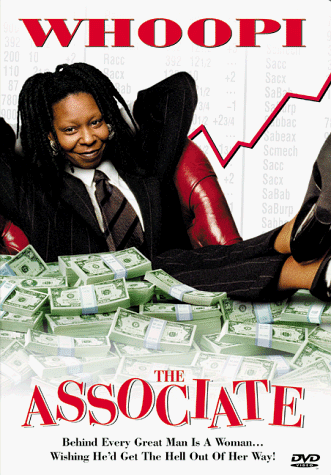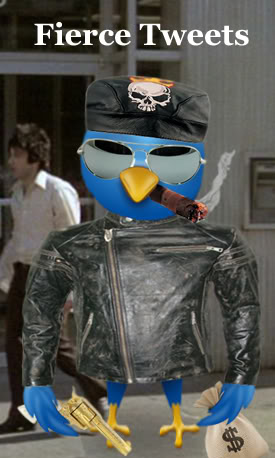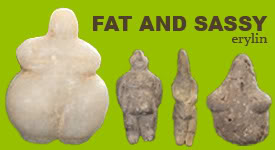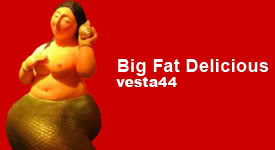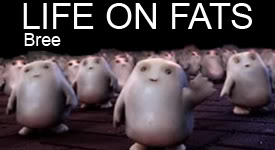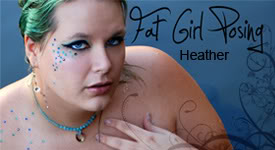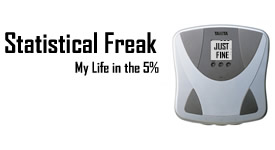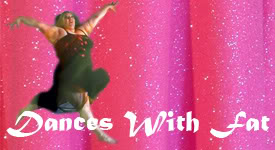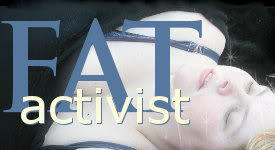Whoopi Tried
What woman wouldn’t love this film? A woman — a black woman at that — quits her job working for “the man” and starts a company of her own using capital provided by a bank run by women. She then secures several big companies as clients (all run by old, white men) and, although she tells a lie, she eventually breaks through the glass ceiling and is accepted by these men, while at the same time sticking it to them. Her lie is forgiven and understood as necessary, so no one is angry at her for the deception. The problem is that if The Associate is so fantastic and such a great example of feminism, then why did I yawn and roll my eyes all the way through it?I appreciate that Whoopi Goldberg (playing Laurel Ayers) and Diane Wiest (playing Sally Dugan) were cast in this film as leading and supporting roles, respectively. Both of these women are plus-sized, but their weight was never once discussed in the film, and they were almost always dressed beautifully and professionally. The Associate has my respect for that alone.
Unfortunately, beautiful and talented fat women aren’t enough to make the plot any better. The fact that Ayers feels she needs to literally pretend to be a man to succeed in business is a cliché. Instead of focusing on winning over the approval of the male-run corporations, why didn’t she focus on building up her company with businesses that were run by women?
She spent days trying to get appointments to see the presidents of several male-run companies, but she could have used a little imagination and started looking at female-owned companies. What better way to stick it to the man than by showing him that she didn’t even need him to succeed? I would have been a lot more excited about the film if she had done that. Was her validation tied in with male approval and, if so, how does that make this a feminist film?
I was disappointed with other aspects of the film as well. Once again the transgendered man is cast as a comedic sidekick, someone to laugh at and not take seriously. Once again, the black woman is cast as aggressive and confrontational, especially when Ayers finds herself having to argue her way throughout most of the film. Once again, we see women objectifying themselves, as in the case of Camille Scott, who was more like an adoring puppy than a professional businesswoman. And let’s just be honest, the film was about Robert Cutty, or Ayers attempts to promote/hide Cutty, more than it was about an intelligent woman trying to make it in the world of finance.
This film had good intentions, but unfortunately that isn’t enough to get a truly important message, like feminism, across to the audience. What is feminism? The short answer is that feminism is the belief that men and women are equal. The Associate tries to show what it would be like for a woman attempting to be seen as an equal in the male-dominated world of finance. But the truth is that Ayers would never be equal because she would always be outnumbered.
I think that sometimes films marketed toward independent women aren’t exactly what they seem to be. The Associate flaunts feminism on the surface, but once you dig a little deeper you find a film about male-approval, something that is absolutely unfeminist.

